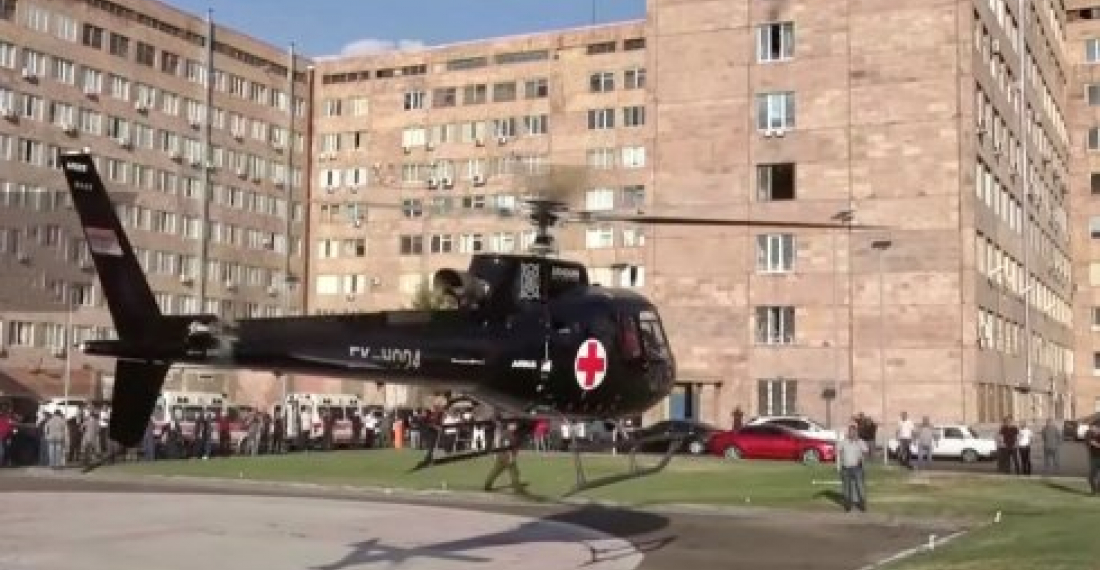Commentary
Speaking yesterday at the opening of the meeting of the OSCE Permanent Council, held in Vienna to discuss the current fighting in and around Nagorno-Karabakh, Ambassador Igli Hasani, Chair of the Permanent Council, expressed his dismay at the rising number of casualties resulting from the ongoing hostilities. The heavy toll on human life resulting from the fighting that has been ongoing since Sunday morning must indeed be the main news in this story.
It is not yet possible to say accurately what are the number of dead and wounded, but given the scale of the fighting, and all the anecdotal evidence available, it is clear that it already amounts to hundreds, and is growing daily. Civilians on both sides have also been affected; several died, including women, children and old people.
These facts remind us that war is not a computer game. Nor is it a geo strategic game. Warfare takes a heavy toll on nations, damages populations, and leaves a scar on families and communities for a long time after.
The recent story of Nagorno-Karabakh is a tragic story of human suffering: of families displaced by conflict from their homes for decades; of populations living under siege; of young people deprived of their youth, which they spend instead holding guns in wet trenches, and of a distorted way of life for hundreds of thousands who are directly affected by the conflict.
This must stop. Not only the on-going fighting, but also the chain of hatred that has led to it, and which inevitably, unless broken, will mean that even when the current fighting stops, all there would be to look forward to is the next round of violence. Nagorno-Karabakh does not require a cease fire only. It also requires a negotiated solution from which all sides can benefit. This should now be the objective, so that at least all this suffering would not have been in vain.
source: This is a commentary by the editorial team of commonspace.eu
photo: An Armenian air ambulance transfers a wounded soldier from Stepanakert to a hospital in Yerevan.







